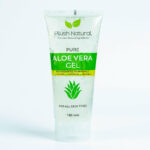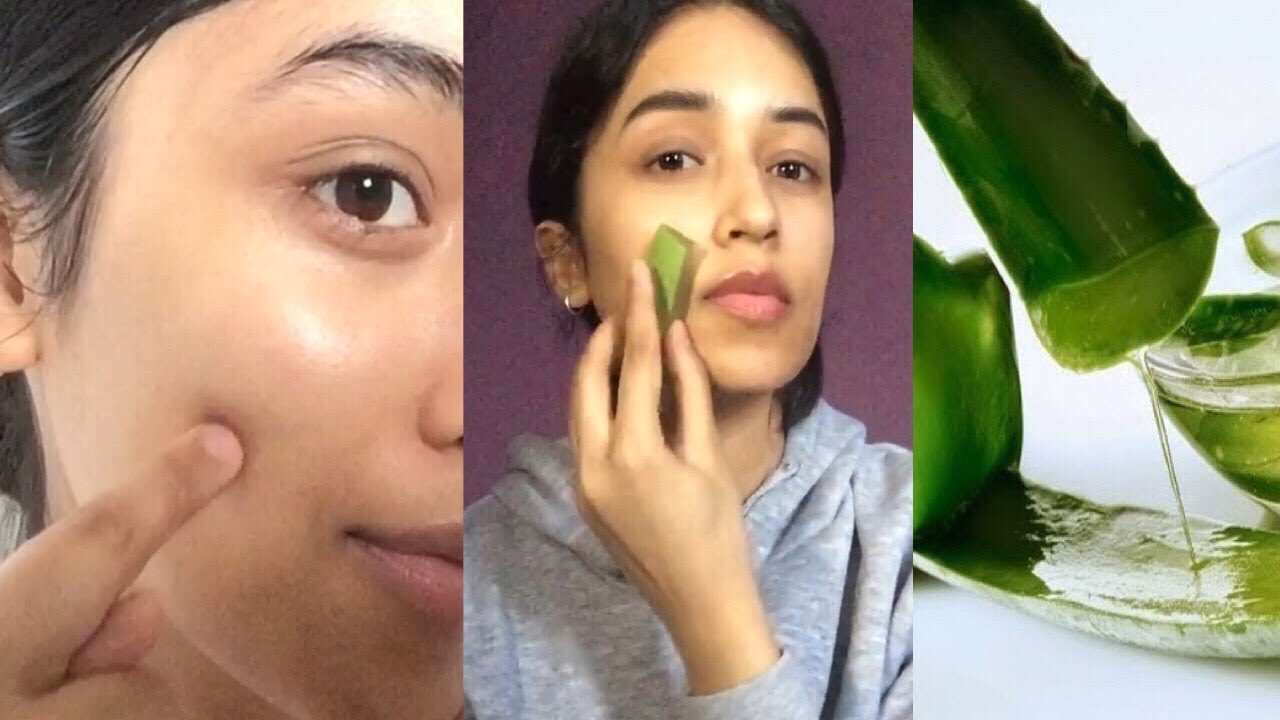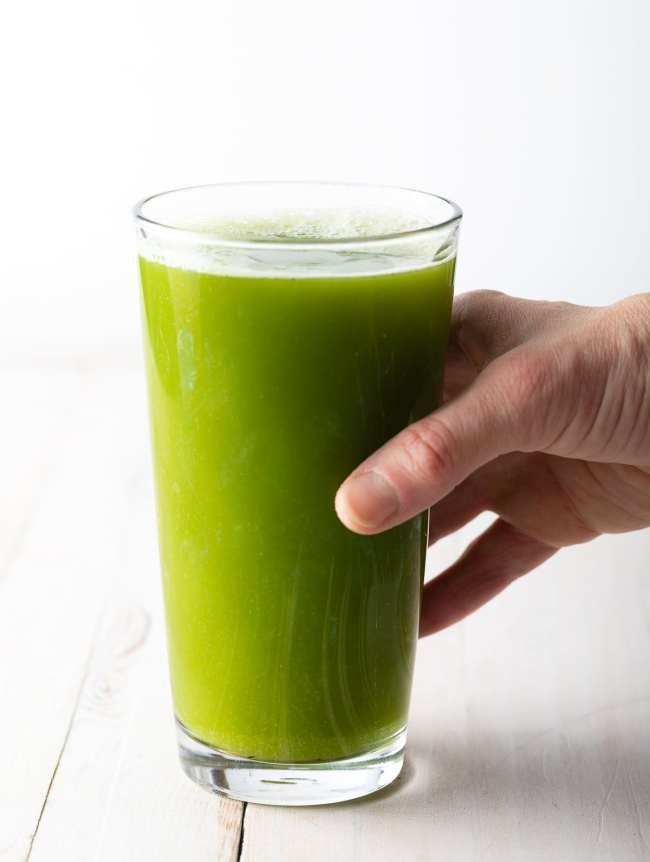
Aloe Vera, a type of succulent plant that is widespread globally, is frequently considered invasive in various regions. It typically encounters problems such as sun damage, root rot, powdery mildew, and infestations of Mealybugs.
Root rot
When an aloe plant develops root rot, its foliage may become brown and soft, causing the plant to fall off. The disease can also spread upward and cause the entire leaf to turn brown. It is very difficult to save a plant like this. Root rot can cause a plant to drop and damage its root system, which can lead to other problems. Root rot can cause a plant to become slimy or odourless.
To prevent root rot, it is best to keep the plant in a well-draining container. It is also important to keep the soil moist and free of fungi and bacteria. When watering your aloe plant, you should ensure the soil is well-drained and free of excess water. It is important to check your aloe daily for signs of root rot.
Powdery mildew
Powdery mildew is an infection of plants caused by fungal diseases. New growth is more susceptible to the disease than older plants. In order to prevent it, care should be taken to avoid over-fertilizing the plant. Instead, use a slow-release fertilizer which provides nutrients slowly over time. It is important that the soil is well-drained. Insufficient drainage can encourage the growth of disease-causing organisms. Composting can also help improve the nutrient level and population of beneficial microorganisms in the soil. Aside from proper care, spraying a sulfur fungicide can help prevent the disease from spreading.
It is important to identify symptoms and treat them as soon as you notice them. The most common symptoms include discoloration and rotting leaves and stems. You can also see galls and other fungus growths on the leaves. Leaf rot and rotting may also be seen in Aloe vera. These symptoms can be caused by a variety factors, including poor growing conditions, overwatering, and waterlogged soil.
Mealybugs
Although mealybugs can be annoying, you can treat your Aloe Vera plants with rubbing alcohol. The substance will kill the insects and is a safe choice for indoor use. Rubbing alcohol is 70% Isopropyl Alcohol, which is safe to use around plants and won’t harm them. You can also dilute the substance in water and spray it on the plant directly.
While the most effective method of treatment depends on the type of infestation, using insecticidal soap or neem oil is also effective. Simply spray these solutions onto white patches on the plant. Spray the solution into the crevices and under the leaves. Follow the label’s directions. To prevent spreading of these pests, you should discard infected plants after treatment is completed.
Sunburn
Aloe vera is an excellent natural treatment for sunburn. The light sticky gel contained within the leaves can be applied directly to the affected skin to provide immediate soothing relief. Some experts recommend chilling an aloe leaf before applying it directly to a sunburn to reduce discomfort.
Barbaloin, a compound found in the gel, has analgesic and anti-inflammatory properties. It helps to reduce the pain of burns, accelerate healing, and prevent scarring. Furthermore, the aloe plant’s antioxidant properties make it an excellent choice for soothing sunburn.
Cancer treatment
After his initial tumor was discovered, Tommy Lowery’s family sought treatment at an aloe plant clinic in Virginia. They were told that drinking aloe concentrate would shrink the tumor. They were told by the clinic that it has worked for many patients. They packed up their cars and drove north. They arrived at a clinic brimming with cancer patients.
Aloe plant has many anti-cancer properties. Research has demonstrated its ability to inhibit cancer growth in vitro. It also has anti-inflammatory effects. It may also increase the therapeutic efficacy conventional drugs, according to studies.
















